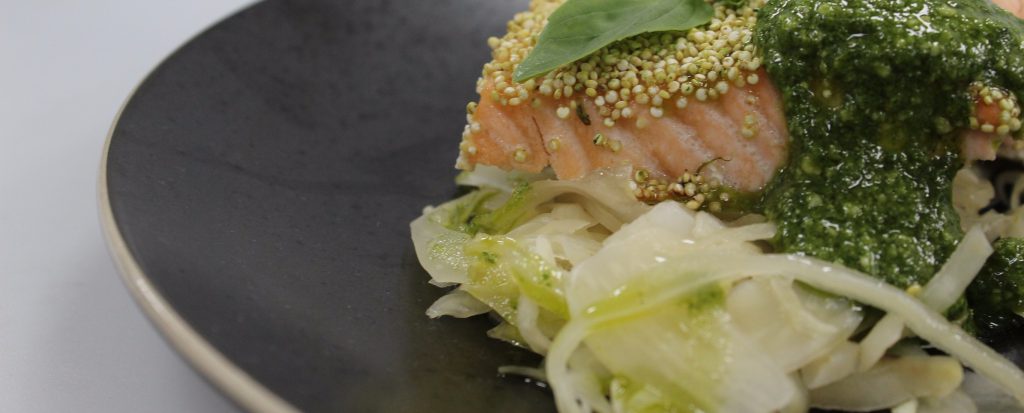

Following on from my breakfast blog. Lunch! Having lunch is unfortunately a foreign language to the majority of working professionals, with most eating whatever is convenient around them or skipping it altogether, it would appear lunch is one of the most rushed, overlooked meals of the day.
Having a sufficient lunch can encourage a healthy metabolism, will help maintain concentration levels throughout the day, reduce risk of illness and will help keep appetite regulation optimal whilst ultimately allowing your body to stay in a state of homeostasis (stable internal environment).
There is no generic template applicable to all when it comes down to what you should have for lunch, although I do feel there should be much more digestible information available to the general public on food choices and how certain foods can effect their behaviour throughout the day. Having the knowledge to make better choices of the foods we eat, is ultimately what people should be aiming for.
Your choice of lunch can have a massive influence on things like performance at work, mood and energy levels. If you have not fuelled yourself sufficiently, your body will take necessary measures to ensure you maintain internal balance. This will involve sending signals to release certain hormones encouraging you to eat, hormones like ghrelin which is released when the stomach is empty. Ghrelin will usually make you crave something sweet, as blood glucose is low and needs an immediate source of fuel. Also for anybody who thinks it’s beneficial to skip lunch because they want to “loose fat” think again, your bodies metabolism will start to slow down and any food you eat at a later stage will be processed much slower due to a low metabolic rate, this will in fact encourage body fat storage.
In between your breakfast and lunch it would be beneficial to most to have a snack of some kind. Keeping satiety between major meals can be achieved with the help of a nutritious snack like nuts, seeds, cured meats/meats or fruit as an example of some options. This will help you get to lunch not raging full of hunger hormones, the ones that usually steer you towards sweeter choices.
Your choice of lunch can have a massive influence on things like performance at work, mood and energy levels. If you have not fuelled yourself sufficiently, your body will take necessary measures to ensure you maintain internal balance. This will involve sending signals to release certain hormones encouraging you to eat, hormones like ghrelin which is released when the stomach is empty. Ghrelin will usually make you crave something sweet, as blood glucose is low and needs an immediate source of fuel. Also for anybody who thinks it’s beneficial to skip lunch because they want to “loose fat” think again, your bodies metabolism will start to slow down and any food you eat at a later stage will be processed much slower due to a low metabolic rate, this will in fact encourage body fat storage.
In between your breakfast and lunch it would be beneficial to most to have a snack of some kind. Keeping satiety between major meals can be achieved with the help of a nutritious snack like nuts, seeds, cured meats/meats or fruit as an example of some options. This will help you get to lunch not raging full of hunger hormones, the ones that usually steer you towards sweeter choices.
Choices for lunch should fit sensibly within your daily calorie requirements and be catered around any events you have that day. Having a huge meal in the hope it will make up for another you have skipped like breakfast, will just leave your organs having to work extra hard producing hormones like insulin to bring your blood sugar levels back down from dramatically high spikes.
Daily calorie requirements should be based off of your basal metabolic rate (the amount of energy your body needs in order to function internal processes) and general energy expenditure. Each person will have a specific amount of calories they require for general function, which is why generic nutrition plans have the danger of being suboptimal.
Keeping a food diary and taking notes on how you feel post/pre meal can be a good way to discover your individual maintenance total. Keeping records of food/mood is a valuable method when it comes to fat loss.
Just like breakfast, I think keeping lunch varied, based around a source of protein and fat with carbohydrates varying the most depending on your energy requirements for the day.
A worthy note on carbohydrates, excessive consumption at lunch could potentially lead to you feeling lethargic and tired, so take time to listen to your bodies needs. So similar to breakfast, keep all macro/micro nutrient foods varied each day for optimal satiating lunches.
Take time to chew the food, this will encourage efficient digestion and optimal conversion of food to energy. Once you have finished, taking a slow walk can aid digestion by helping with the uptake of glucose (blood sugar) into muscle tissue and reducing the insulin spike post meal. Taking a short break can also help to give the brain a recovery from any excessive work demands.
So to summarise, whilst practicality seems to have the most influence towards the choices we make regarding what, when and where we eat lunch. Economical and social determinants usually overpower the physical and mental necessities regarding lunch time food choices. So instead think ahead at long term health rather than sort term wealth and educate yourself to make better lunch time choices.